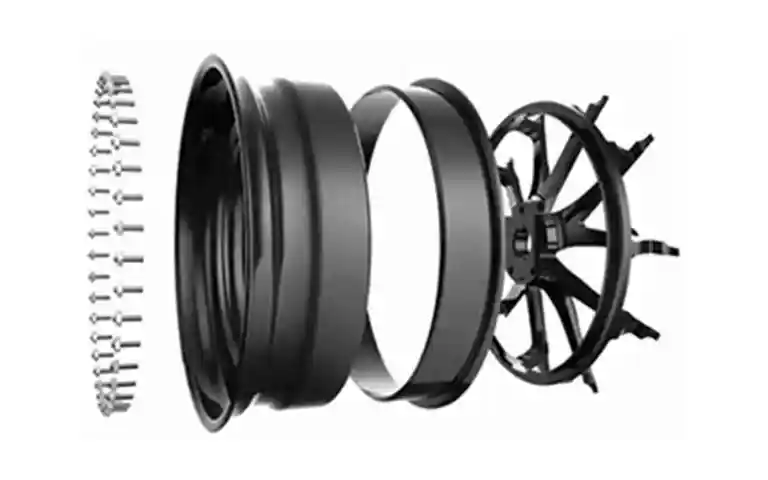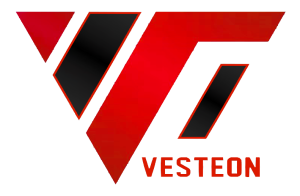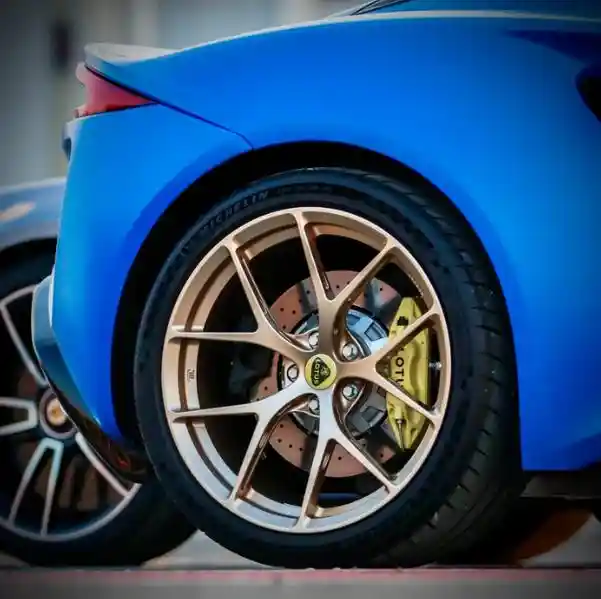Forged wheels not only enhance the handling and safety of a vehicle but also contribute to improved fuel efficiency. This article will explore the distinguishing features of forged wheels compared to a variety of tips for identifying genuine forged wheels and why they are a worthwhile investment for individuals seeking peak performance and style in their vehicles.
What Defines a Forged Wheel?
Forged wheels are produced through a procedure that includes molding aluminum or other metals under significant pressure to form them into shape efficiently. This approach leads to the creation of wheels with robustness and longevity when compared to cast or flow-formed wheels. The forging process aligns the metal’s grain structure which in turn improves the wheel’s performance and endurance.
Characteristics of Forged Wheels
Forged wheels are known for their design and strong build that benefits performance cars significantly while also offering a sleek appearance with intricate details from the production method used to make them stand out in terms of looks and durability against wear and tear making them a top choice for demanding situations where strength matters most.
Advantages of Using Forged Wheels
Forged wheels offer more than a sleek look and lighter weight. Their stronger build improves handling and fuel efficiency too! With less weight on the suspension system comes faster speed changes and the durability to handle situations safely and reliably. On top of that customization options for forged wheels let you get the performance and style you desire.
How to Visually Inspect a Forged Wheel?
Inspect the appearance of a wheel to confirm if it is forged highlighting features typical of forged wheels during the assessment process.
Identifying Marks and Branding
Genuine custom wheels typically feature markings or logos from the maker etched onto the wheel itself; these markings usually reveal details about how it was made and its model number or brand name Checking these engravings against official documentation can verify that the wheel is genuine.
Surface Finish and Detailing
The outer texture of a forged wheel is usually sleek and devoid of flaws like marks from casting or jagged edges The design on a forged wheel is exacting; it features lines and uniform patterns that showcase exceptional craftsmanship Careful examination of the texture can unveil nuanced distinctions between authentic forged wheels and counterfeit ones.
Are There Specific Testing Methods for Forged Wheels?
Methods for testing are essential in ensuring the authenticity of forged wheels guarantee that they adhere to safety regulations and function properly in scenarios.

Physical Testing Techniques
Various methods used to test forged wheels physically involve impact evaluation to gauge the stress resistance, against forces or shocks without any structural damage or deformation occurring; tensile testing to measure its capacity to withstand stretching forces without breaking; and fatigue testing to determine how well the wheel endures repeated stress cycles before displaying signs of wear and tear.
Non-destructive Testing Methods
Nondestructive testing techniques (NDTs) are utilized to evaluate the integrity of forged wheels without any harm to them physically or structurally present during the process of examination and assessment. Various NDT methods such as testing rely on sound waves to uncover any internal imperfections or flaws in the wheels under inspection. Another common technique is X-ray inspection which produces visual representations of the internal composition and structure of the wheels. The primary purpose of these methods is to detect and pinpoint any defects that could impact the overall performance or safety standards of the forged wheels in question.
Vesteon: A Reliable Forged Wheel Supplier
When it comes to forged wheels in the industry, Vesteon is a well-respected supplier known for their dedication to top-notch quality and cutting-edge ideas. They provide a selection of options that cater to various automotive requirements thanks to their proficiency in forging technology Each wheel is designed for peak performance without compromising on style and visual appeal.
What Are Common Indicators of a Fake Forged Wheel?
To spot a forged wheel you need to have a sharp eye for details and understand how they are made properly. Some signs can help distinguish between real forged wheels and fake ones.
Signs of Poor Craftsmanship
One clear indicator that distinguishes a forged wheel is its subpar craftsmanship quality. Legitimate forged wheels are renowned for their meticulousness and impeccable final touches. Conversely, fake wheels frequently display defects like jagged edges, inconsistent surfaces, or traces of casting. These blemishes suggest substandard production methods that fall short of the criteria for authentic forging craftsmanship.
Discrepancies in Branding and Markings
Genuine forged wheels have branding and markings that play a crucial role in confirming their authenticity. The markings usually feature the manufacturer’s logo and model number in a precise manner – either stamped or engraved onto the wheel surface with accuracy. On the other hand, fake wheels may display discrepancies like misspelled words, inconsistent fonts, and logos that are poorly aligned. Cross-checking these details with the manufacturer records can validate the genuineness of the wheel product.
How Does Vesteon Ensure Quality in Forged Wheels?
Known for its dedication to producing forged wheels that adhere to strict industry guidelines Vesteon prioritizes innovation and safety in its manufacturing process to guarantee customer contentment.
Overview of Vesteon’s Manufacturing Standards
At Vesteon we follow manufacturing guidelines to create forged wheels known for their top-notch performance and long-lasting durability. We incorporate cutting-edge forging methods to boost the solidity and sturdiness of each wheel. With the use of machinery and rigorous quality checks in place we guarantee that every wheel is forged to exact standards and undergoes comprehensive testing before making its way to customers.
Commitment to Innovation and Safety
Vesteon prioritizes innovation in its operations constantly striving to enhance its forging processes and materials through research and development efforts aiming to improve performance and ensure safety by reducing defects effectively. The company‘s commitment to safety is evident in its testing procedures, which evaluate each wheel’s capability to endure different stresses and environmental conditions.
FAQs on Forged Wheels
What is the difference between forged and cast wheels?
Forged wheels are created by shaping metal under intense pressure to produce products that are both stronger and lighter than cast wheels made by pouring molten metal into molds.
Can forged wheels be repaired if damaged?
Indeed! Repair of forged wheels is feasible in cases based on the severity of the damage incurred on them. Nevertheless, it is crucial to seek guidance from a specialist in wheel repair to guarantee meticulous restoration without jeopardizing the structural strength.
Why are forged wheels more expensive than other types?
The increased price of wheels is due to their intricate production methods that utilize cutting-edge technology and high-quality materials. This leads to durability and improved performance features when compared to alternative wheel options.

